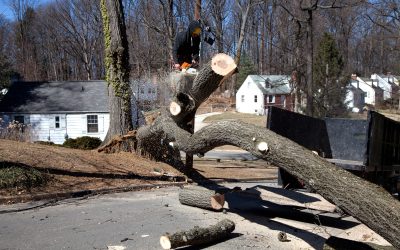The telecommunications industry is a vital component of the modern economy, enabling global connectivity and the transmission of data across vast distances. At the heart of this industry’s expansion are the telecommunications construction jobs, which are crucial for building and maintaining the infrastructure that keeps the world connected. This article delves into the various opportunities available in this field, highlighting the roles, skills required, and the potential career paths in telecommunications construction.
The Scope of Telecommunications Construction
Telecommunications construction involves a range of activities, from erecting cell towers and laying fiber-optic cables to installing satellite dishes and maintaining existing networks. The industry demands not only a high level of technical skill but also a dedication to safety and efficiency. Here are some key roles within this sector:
• Tower Technicians : Specialists who install and maintain cellular phone towers, often working at heights.
• Fiber Optic Technicians : Professionals who handle the installation and repair of fiber-optic cables, which are essential for high-speed internet.
• Ground Hand/Laborers : Entry-level positions that provide support to higher-level technicians, involving tasks like digging trenches and handling materials.
These roles are supported by a network of project managers, safety inspectors, and engineers, making the field diverse in its opportunities.
Required Skills and Qualifications
A career in telecommunications construction does not always require a degree; however, technical training and certifications can enhance one’s prospects. Key skills and qualifications include:
• Technical proficiency : Understanding the basics of telecom technologies.
• Physical fitness : Many roles require good physical condition as they involve manual labor and working at heights.
• Safety training : Knowledge of industry-standard safety protocols is crucial.
• Problem-solving abilities : The capability to troubleshoot issues during construction and maintenance.
Certifications such as a Certified Fiber Optic Technician (CFOT) can be beneficial, as well as any safety certifications relevant to construction work.
Career Advancement and Opportunities
Telecommunications construction offers significant opportunities for career growth. For instance, an individual might start as a ground hand and, through experience and additional training, advance to a technician or managerial role. The industry is known for valuing practical experience and skills, providing ample opportunities for diligent workers to move up the career ladder.
• Continued Learning : Many companies offer training programs to help employees advance.
• Diverse Roles : With the expansion of telecom technologies, new roles continue to emerge.
• Job Security : The constant need for maintenance and upgrades in telecom infrastructure provides a level of job security.
Conclusion
Telecommunications construction jobs offer a robust pathway for those interested in a career that combines technical skills with physical activity. The industry is not only crucial for maintaining our current levels of connectivity but is also at the forefront of innovations in communication technology. With the continued expansion of wireless and fiber-optic networks, the demand for skilled workers in telecommunications construction is expected to grow, making it an excellent career choice for the foreseeable future. Whether starting as a ground hand or aiming for a technical position, the telecommunications construction field promises dynamic and rewarding opportunities.



